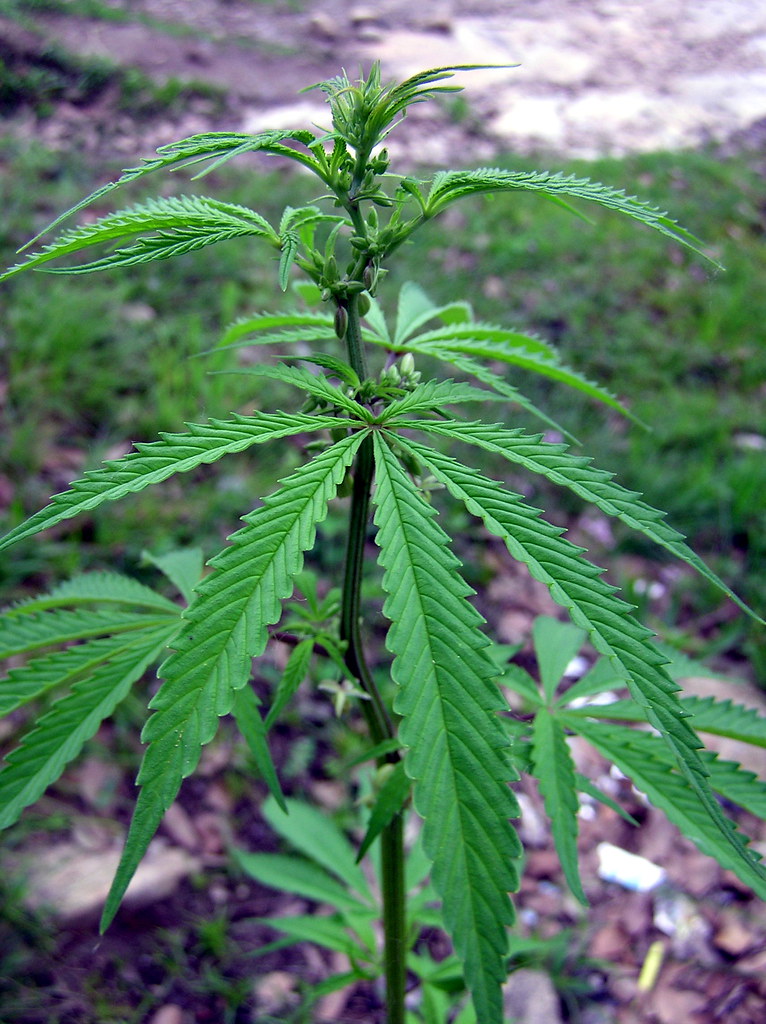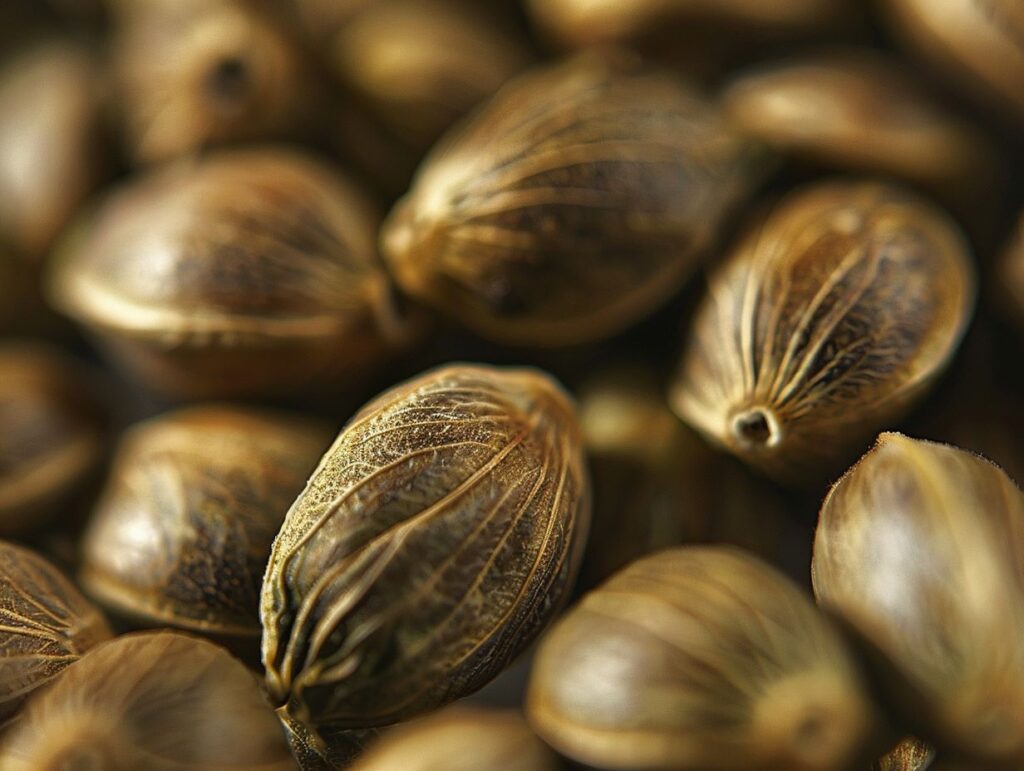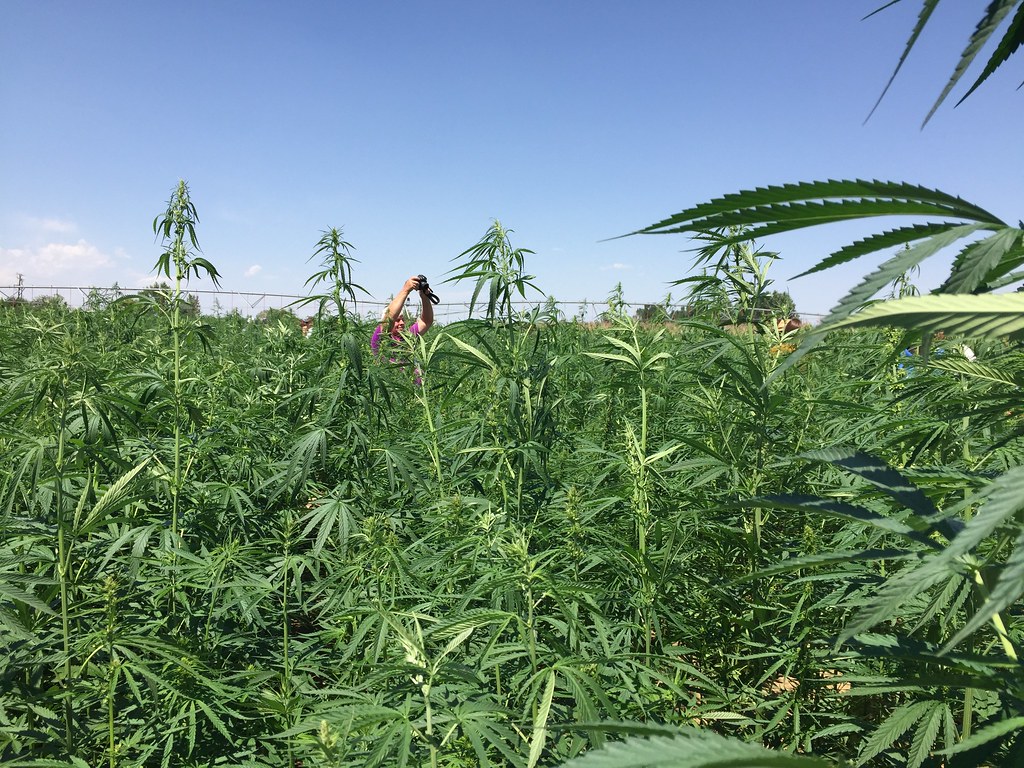Shopping for CBD products in a health food store or online can be daunting, with an endless variety of choices that may seem confusing and bewildering. Reviewing the ingredients list on each label can help narrow your choices down.
Terms such as:
- Hemp seed oil (made from pressed hemp seeds without phytocannabinoids);
- CBD oil (from cannabis sativa plant (marijuana)) contains natural full spectrum cannabinoids with numerous health benefits for human endocannabinoid system).
CBD interacts with your own endocannabinoid system to provide natural health benefits – just two terms to consider when browsing labels: hemp seed oil comes from pressed hemp seeds while CBD interacts with your endocannabinoid system for best results when buying products from various vendors; this way!).

Hemp has long been used for various purposes since ancient times, and is renowned for its diverse uses. Its primary component, cannabidiol or CBD, differs greatly from THC found in marijuana in that it does not cause psychoactive effects like highs or psychoactive highs; rather, CBD has many positive physiological benefits when taken orally such as improved sleep, concentration and stress relief.
CBD can be extracted from cannabis sativa plants using different extraction techniques, and then added to hemp oil by infusing. Hemp CBD oils come with different potency levels ranging from 300mg per bottle up to 1500mg in one bottle; some oils also include cannabinoids such as CBC, CBG, or CBN to create what’s known as “the entourage effect”.
Difference between CBD and hemp
The difference between CBD and hemp lies in their respective sources: hemp plants contain low resin levels and have very little THC, while marijuana comes from high-resin C. indica, C. sativa or C. ruderalis plants which contain more THC and psychoactive compounds – thus classifying marijuana-derived CBD as Schedule I drugs in the US; however, in 2018 Farm Bill made hemp CBD legal across all 50 states providing it meets specific THC thresholds of less than 0.3%.
CBD can be consumed most commonly through tincture form. This formula is then either applied topically to your skin or taken orally for maximum effectiveness and potency. Hemp-derived CBD offers an ideal alternative to THC-based drugs that may cause side effects like drowsiness and nausea. Hemp-derived CBD is much safer to consume than marijuana as it doesn’t possess psychoactive or intoxicating properties. Hemp-based CBD oil is safe to be consumed by children, adolescents, and adults of all ages; this has made its popularity rapidly rise among both recreational users as well as medicinal users seeking natural ways to support both mental and physical well-being. With no side effects from consumption it has quickly become the top choice among consumers seeking natural ways to boost mental and physical well-being.

